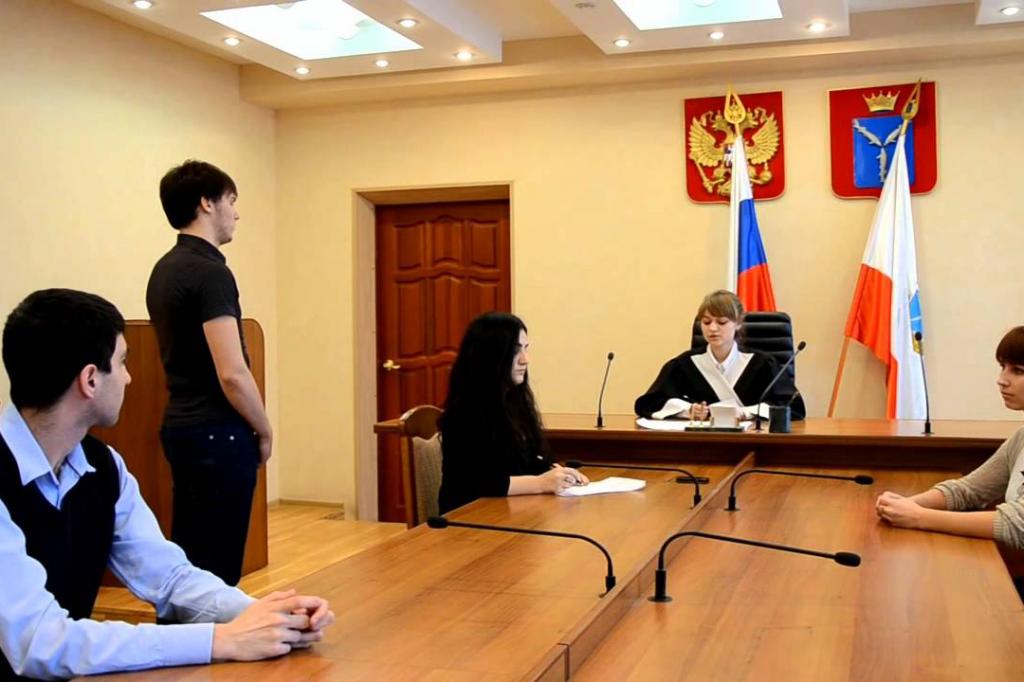Art. 152 GIC answers questions about the preliminary meeting. Its significance, purpose, actions of the parties and the court are revealed. Simply put, this is a conversation held by the court in order to prepare the case for consideration on the merits. Consider the practical nuances.
Changes made
The current version of Article 152 of the Code of Civil Procedure of the Russian Federation had a different look from the very beginning. Changes to the provisions took place for a number of reasons and were complementary and clarifying:
- the introduction of forms of communication, through which there is no need to be directly in the courtroom;
- introduction of a cassation system model in the system of arbitration courts;
- reforming and unifying the system of appeals and cassation appeals held in 2010;
- clarification of the judge’s actions in the dispute about the child’s place of residence.
What is the purpose of
Art. 152 Code of Civil Procedure is aimed at creating conditions for a complete and objective study of the circumstances of the dispute. Compiled documents, even if written by a competent lawyer, are not enough to make a decision on the case.
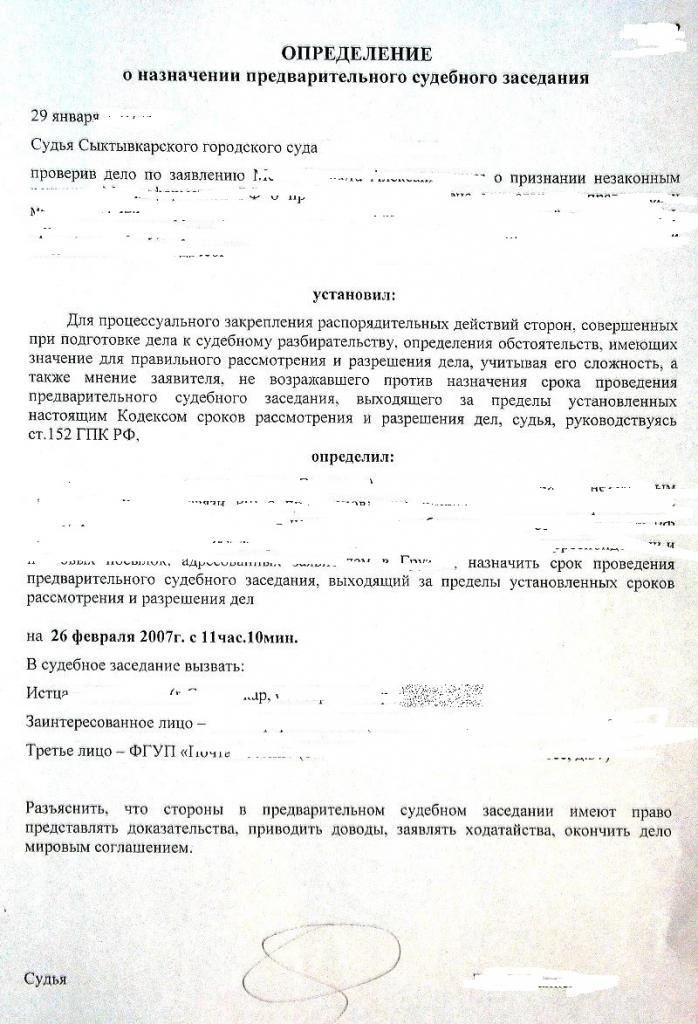
Not everything fits on paper. At the same time, the preliminary meeting gives the parties the opportunity to attach new evidence, to file petitions for the demand for evidence that are not available to the party for various reasons. There is a right to clarify and supplement the claims.
Where does it all begin
The judge, having received the papers from the court registry, checks them for compliance with the requirements of the law. No serious comments? So, a preliminary hearing is scheduled. In a civil proceeding, it is mandatory. A copy of the decision to open a case is sent to the parties and third parties. And also about holding a preliminary meeting, which is formulated by judges in different ways. Affect features of the approach to work.
Who is involved in the process?
Art. 152 Code of Civil Procedure refers to the judge who organizes the meeting. It is held single-handedly (it concerns the first instance, for other stages of the proceedings the preliminary hearing is not typical). The meeting is attended by the parties and (or) their representatives. The presence of a party with a representative is optional.
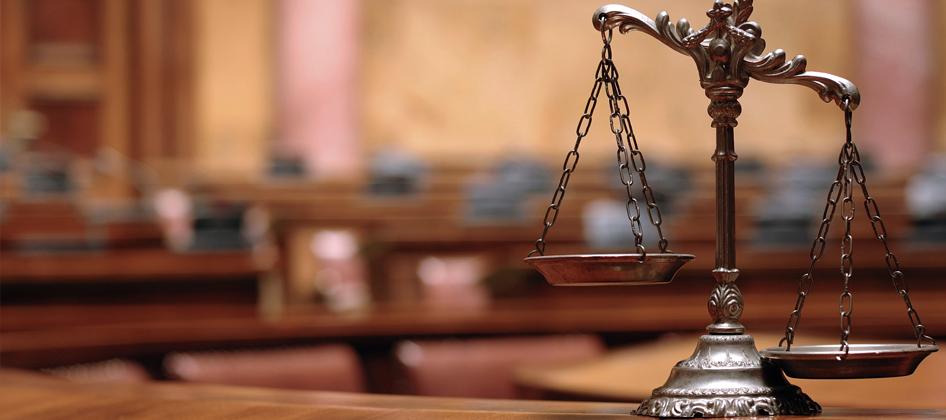
To take part in the meeting, identity documents are checked. Most often a citizen’s passport. The representative presents his passport and power of attorney. In addition to the power of attorney, the authority is confirmed by the birth certificate of the child, by the order of the enterprise on the appointment to a position giving the right of representation. A copy of the constituent documents is attached.
Already available copies are verified with the original documents, copies of powers of attorney and other documents, are attached to the case and are certified if they were not previously provided.
Rights of process participants
The plaintiff has the following tasks:
- provide the judge with the original documents for examination;
- Submit applications for new evidence;
- submit petitions for calling witnesses, appointing an expert examination;
- clarification of requirements or other amendments to the application.
What are the objectives of the plaintiff at a preliminary hearing in a civil proceeding?
- providing copies of materials that complement the picture of the dispute;
- providing the court with a response to the lawsuit or even a counterclaim;
- filing an application for the collection of evidence, calling witnesses, conducting expert examinations.
What does the judge do
The decision on the preliminary meeting clarifies the rights and obligations of the parties, the actions to be taken by the parties in preparation for the process. The deadline is indicated, it is usually associated with the date of the hearing.
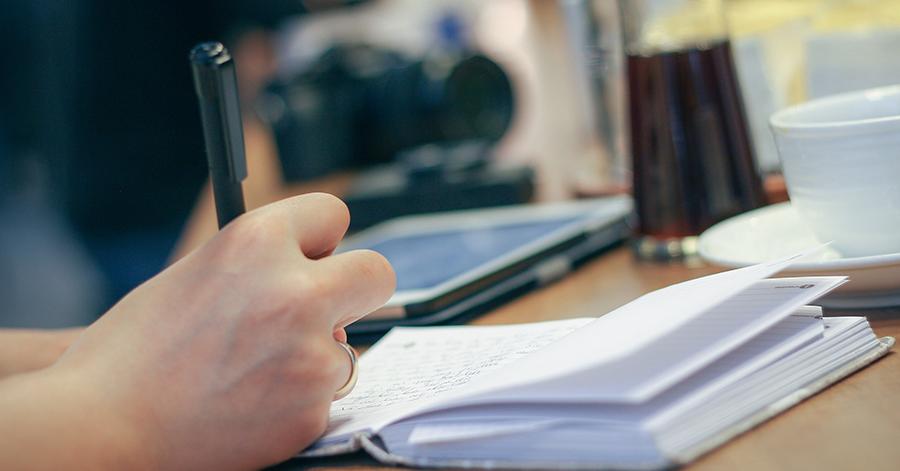
The judge gets acquainted with the parties to the dispute, is studying the issue of involving third parties in the proceedings. The legal position of each party is examined. The judge has the right to invite the parties to attach new evidence, which, in his opinion, is not enough in the case. For example, judges often request a valuation report on disputed property. This is due to the identification of facts relevant to the resolution of a particular dispute. Ignoring the opinion of a judge regarding facts relevant to the case leads to a loss in the case, which naturally is not in Art. 152 Code of Civil Procedure.
The reference to the law or regulations of the parties in the case does not limit the judge in the application of the norms of legislation binding on him.
Distribution of duties of proof
Although in Art. 152 Code of Civil Procedure of the Russian Federation, this is not directly stated, the question is being solved, on whom the proof of what facts lies. As a general rule, the parties are obliged to confirm those of which they refer. The exception is generally recognized facts or recognized by both parties. There are cases prescribed by law. In case of harm, the defendant proves the absence of guilt if the plaintiff proves the fact of harm.
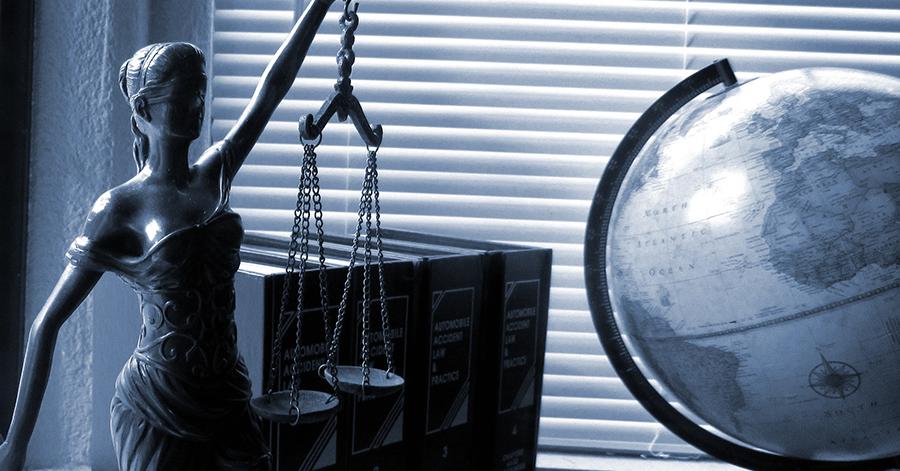
There is a provision for prejudice. For example, a dispute has been adjudicated previously between the parties. The facts established in it should be taken into account when a new dispute arises with the same participants.
Evidence Assistance
Explaining the application of Art. 152 Code of Civil Procedure of the Russian Federation, the Supreme Court commits to find out what evidence the participants in the process have and whether they need help. In a number of situations, one cannot do without intervention, for example, information from a notary's office due to the obligation to keep secret to persons not related to the inheritance case or the transaction is issued only by court order. Where there is no such prohibition, organizations that refuse to issue information often refer to consent to its issuance only on the basis of a court decision. Sometimes in response to an appeal no answer is given at all. This fact is also a good reason to seek help from a judge.
Meeting duration
In the bulk of cases, the meeting is held quickly, and often the court immediately proceeds to the consideration of the case on the merits. However, given the complexity, the right was given to extend the time of the preliminary meeting by more than a month. It is established h. 3 Article. 152 Code of Civil Procedure of the Russian Federation.
Features of production in disputes about children
The trial of the child’s place of residence lasts a long time (often takes several months). And the parents or one of them has the right to ask the court to determine the temporary place of residence of the child before the court ruling on the merits. Be sure to take into account the views of children and guardianship authorities.
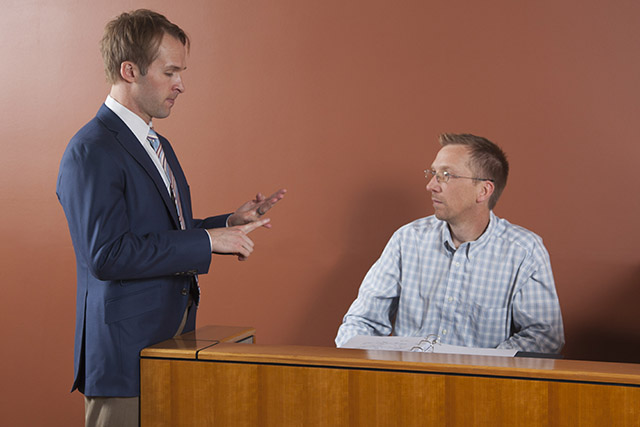
It is allowed not to change the actual place of residence for the period of the proceedings. In the case of a statement of such a motion, a court ruling shall be issued.
Additional powers of the court
Already at the stage of preliminary consideration, the court has the right to make a decision on suspension, termination, leaving without consideration. Those. Based on this rule, the court does not need to proceed to consideration of the merits of the case. The defendant has the right to request this.
From the moment the cassation courts begin to operate, the rule on transferring a case to another court of general or arbitration jurisdiction is enforced, unless of course there are reasons for that.
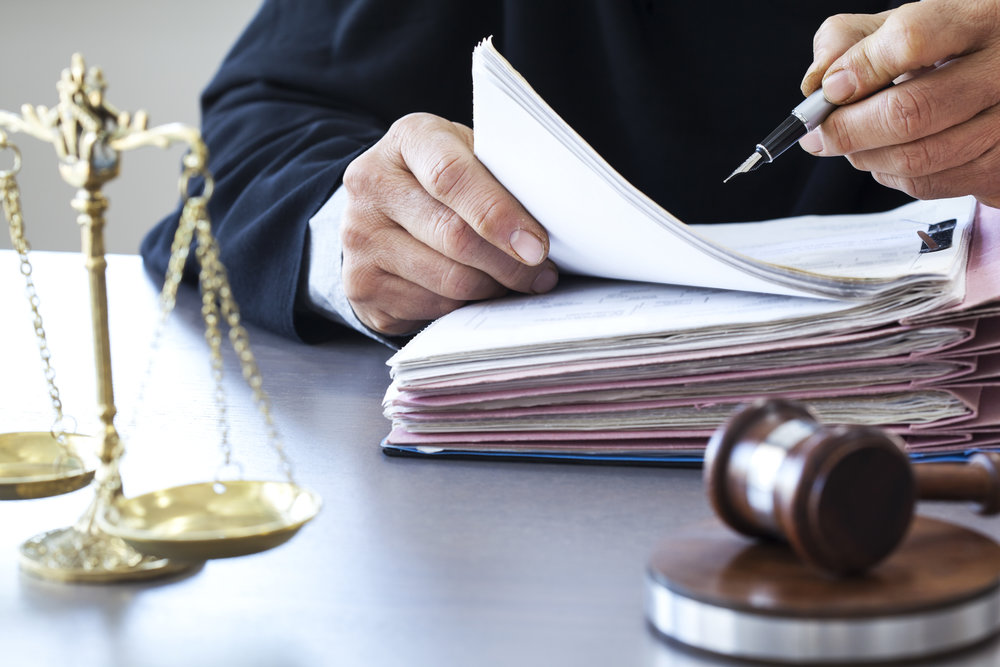
Other consequences are missing the statute of limitations. It does not make sense to refer to the pass if the plaintiff asked the court to restore the statute of limitations and pointed out good reasons for this.
When deciding on missed deadlines, they are also interested in the opinion of the second party, which has the right to express its arguments and to object.The right to appeal about the refusal to restore the term and then in the lawsuit in accordance with Part 6 of Art. 152 Code of Civil Procedure of the Russian Federation is the plaintiff. The defendant has no right to appeal the decision to restore the term.
Litigation Fixing
The law obliges to keep the record of the court session under the same conditions as when considering the case on the merits. When compiling it can use an audio recording, but it is optional. In the commentary to Art. 152 Code of Civil Procedure, previous attempts to introduce mandatory audio protocols are noted, however, for various reasons, the idea was not implemented.
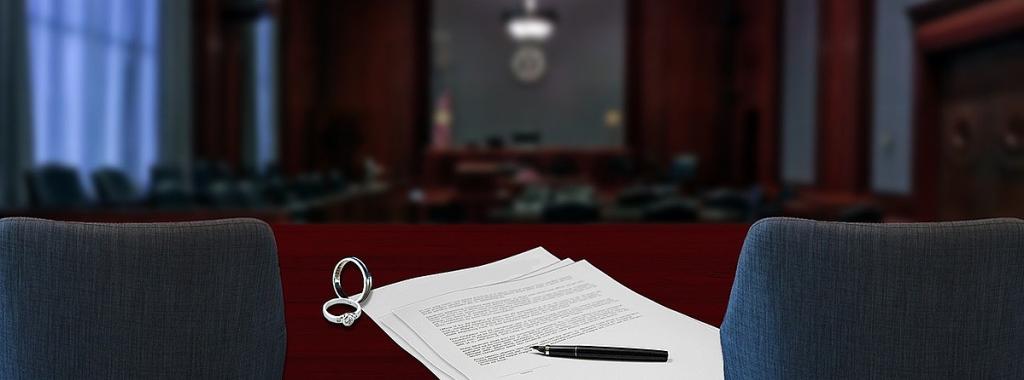
Among lawyers, complaints are constantly being raised regarding written records. So far, the only way to protect the interests of the parties in the process is to submit all written applications in advance.
Right to complain
Although Art. 152 Code of Civil Procedure of the Russian Federation and Part 3 in particular, implies the obligation of the court to take into account the views of the parties. As a result, there is a right to appeal against certain actions of a judge without waiting for a decision on the merits. In terms of time, the party has the right to ask the chairman of the court to take measures to expedite the process.
Finally
The preliminary meeting is aimed at preparing for the consideration of the dispute on the merits. The judge examines the case file, clarifies the list of facts that must be proved to the parties, which evidence is still necessary. It assists in their receipt, and also explains the consequences of refusing to conduct an examination or participating in it.
The parties are given the right to clarify the requirements of the claim, to file an objection to it, additional petitions regarding conducting interrogations of witnesses.
